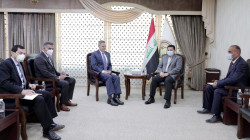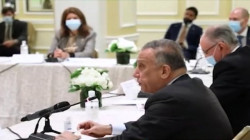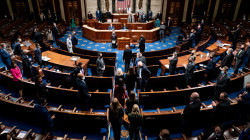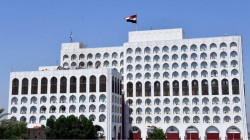Funding crisis threatens cancer and heart surgery centers in Iraq
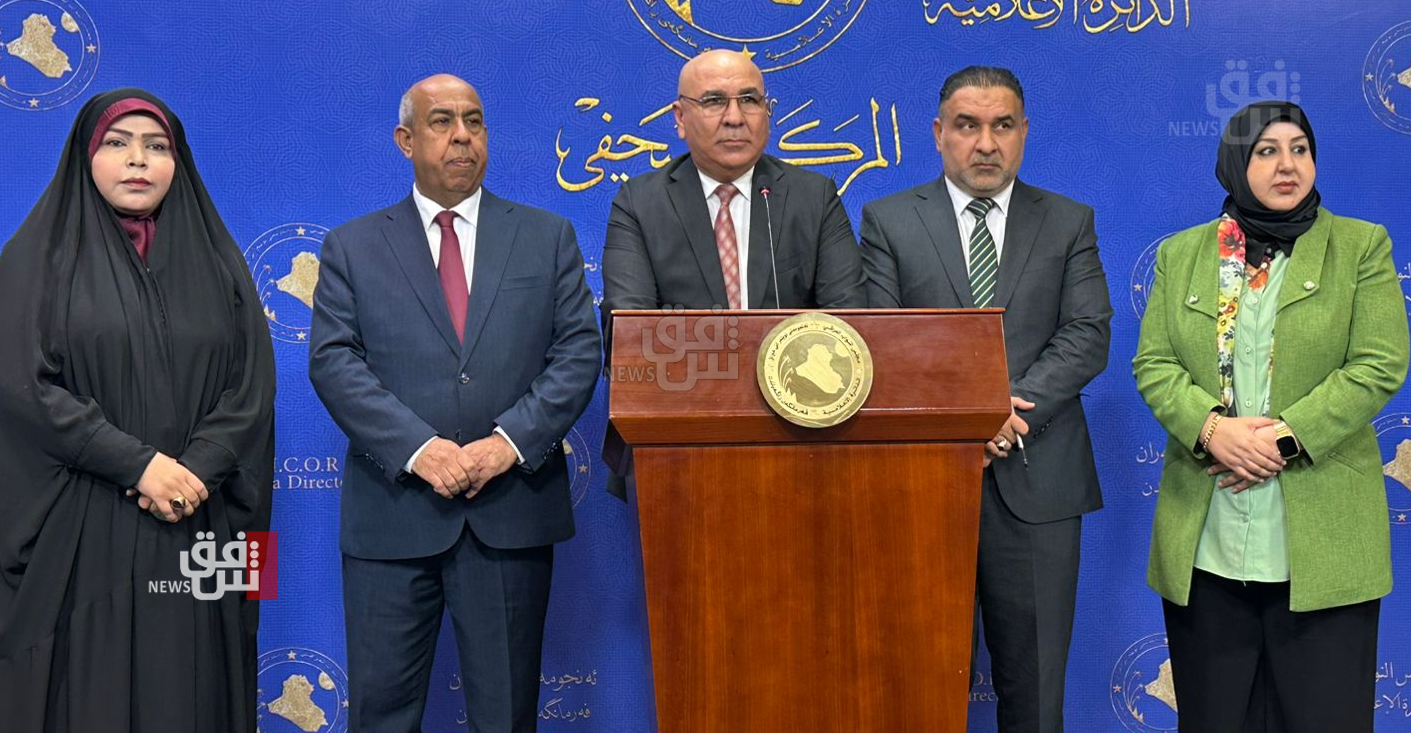
Shafaq News/ On Wednesday, Iraq's Parliamentary Health and Environment Committee called for improvements to the country’s healthcare system, noting a decline in funding for various health projects in 2024.
Committee Chairman, Majid Shingali, stated in a press conference at Parliament, attended by committee members and Shafaq News correspondents, that “healthcare is a top priority for Prime Minister Mohammed Shia Al-Sudani's government…Key initiatives in the 2023 budget included the Health Insurance Law, covering one million people, and partnerships with the private sector to manage hospitals in Basra, Al-Nasiriyah, Babil, Najaf, Karbala, and Maysan.” However, he pointed out a “significant delay” in executing these initiatives, with actual implementation only beginning in 2024.
“While the government provided substantial support to cancer treatment and heart surgery centers in 2023, spending the entire allocated budget in 2023, no funding has been provided to these centers in 2024, raising concerns about the continuity of critical medical services,” he explained.
In this context, Shingali stressed the need to allocate full funding to the Ministry of Health, noting that some health departments, such as the Anbar Health Department, received only 40% of their approved budget—38 billion dinars out of 78 billion (approximately 5,969,231 USD), urging the government and the Ministry of Finance to “fully release Health Ministry funds to meet the needs of all provinces.”
He further explained that the healthcare sector faces additional challenges, as hospitals rely on debt to secure medicines and medical supplies. "Medical suppliers have halted credit-based medication supplies due to unpaid dues from 2023 and new obligations in 2024,” he said.
Moreover, Shingali noted that “29,000 medical and health graduates were appointed initially, with an additional 8,000 awaiting Federal Public Service Council data verification before final appointment, emphasizing “the importance of aligning job creation with actual institutional needs.”
For his part, Committee member Basim Al-Ghurabi also stressed the need to align medical college graduates with the Ministry of Health’s requirements, criticizing the Ministry of Higher Education for “not controlling graduate numbers and for licensing private colleges without coordination with the Health Ministry.” He urged the government to stop licensing private colleges that don't meet the health sector's needs.
Al-Ghurabi also highlighted challenges in the healthcare sector, including unchecked drug smuggling across borders, calling on the government to implement “effective border controls,” and criticizing “political pressure on the Ministry of Health to make appointments based on party affiliation.”
